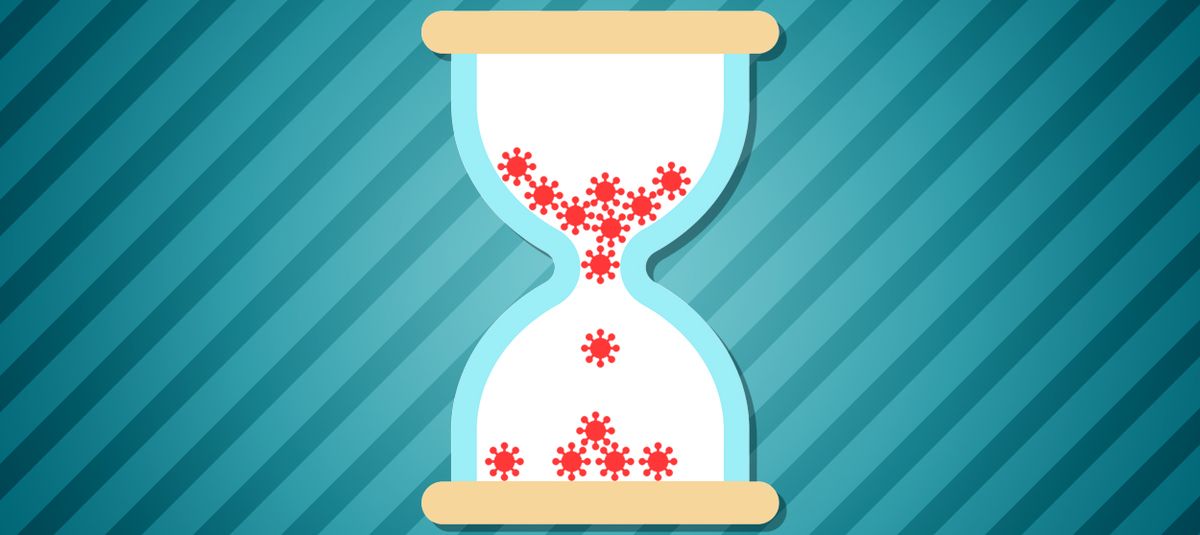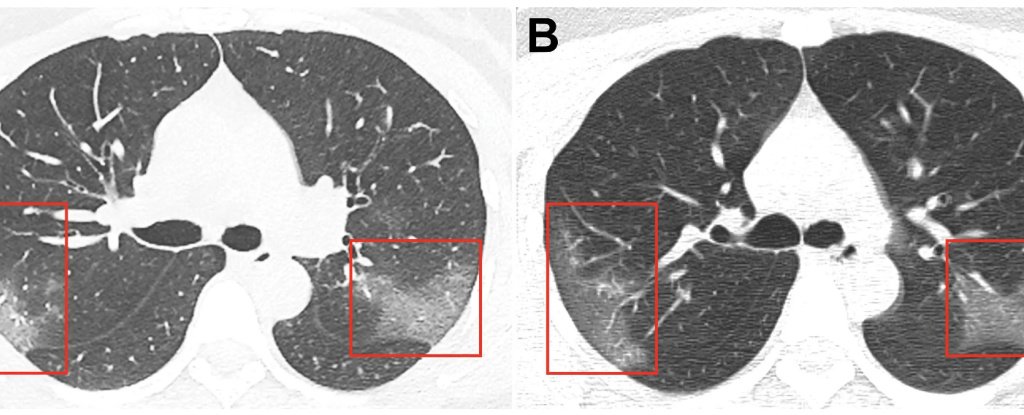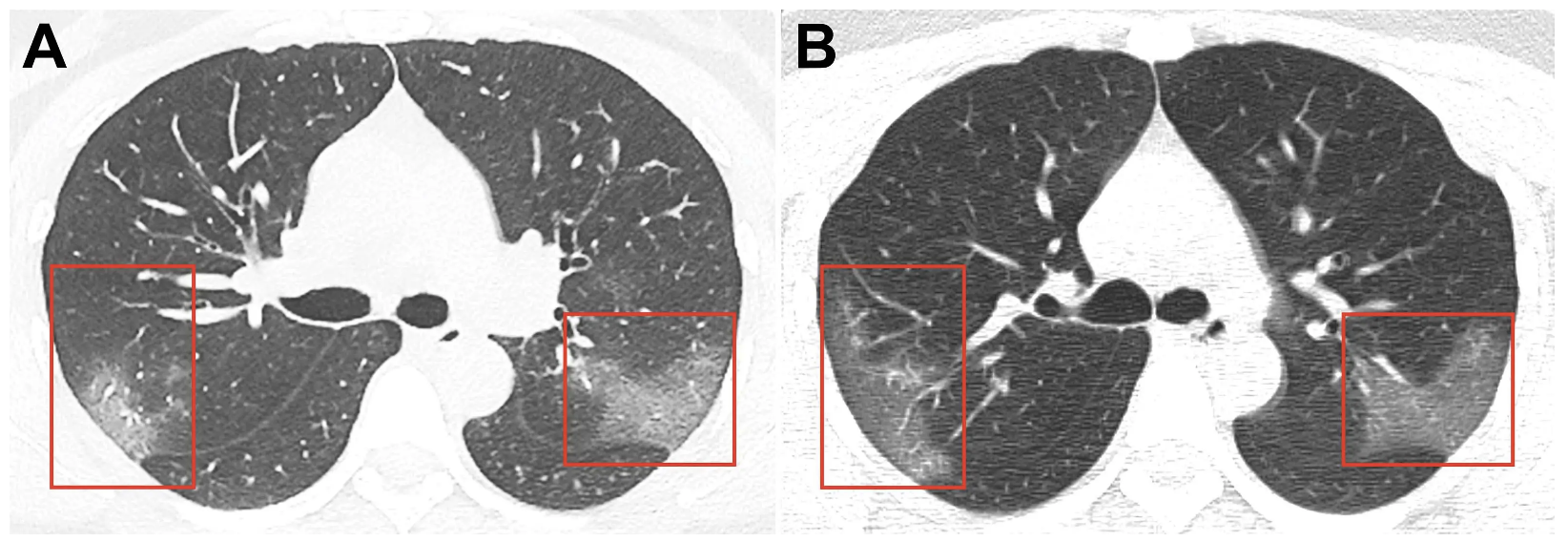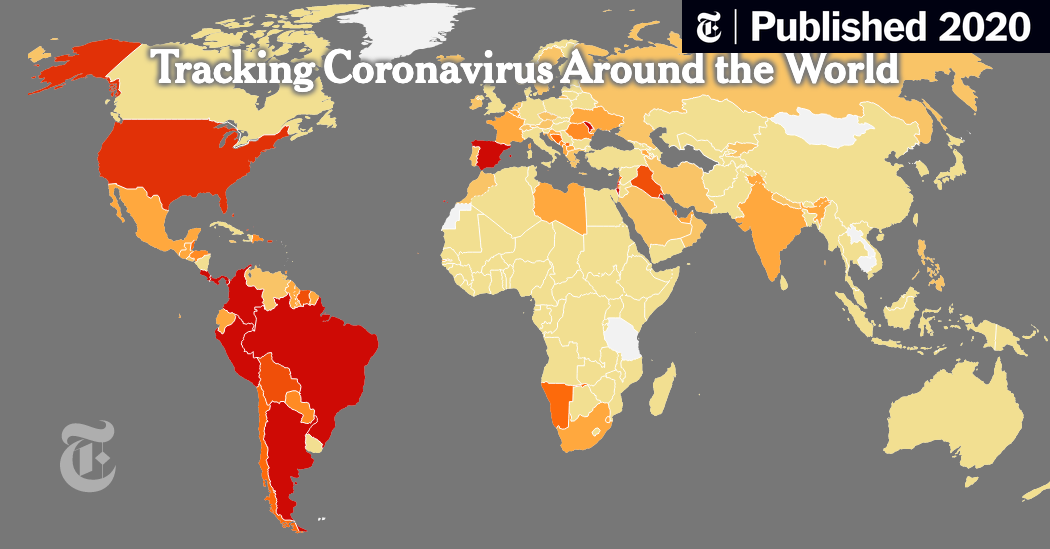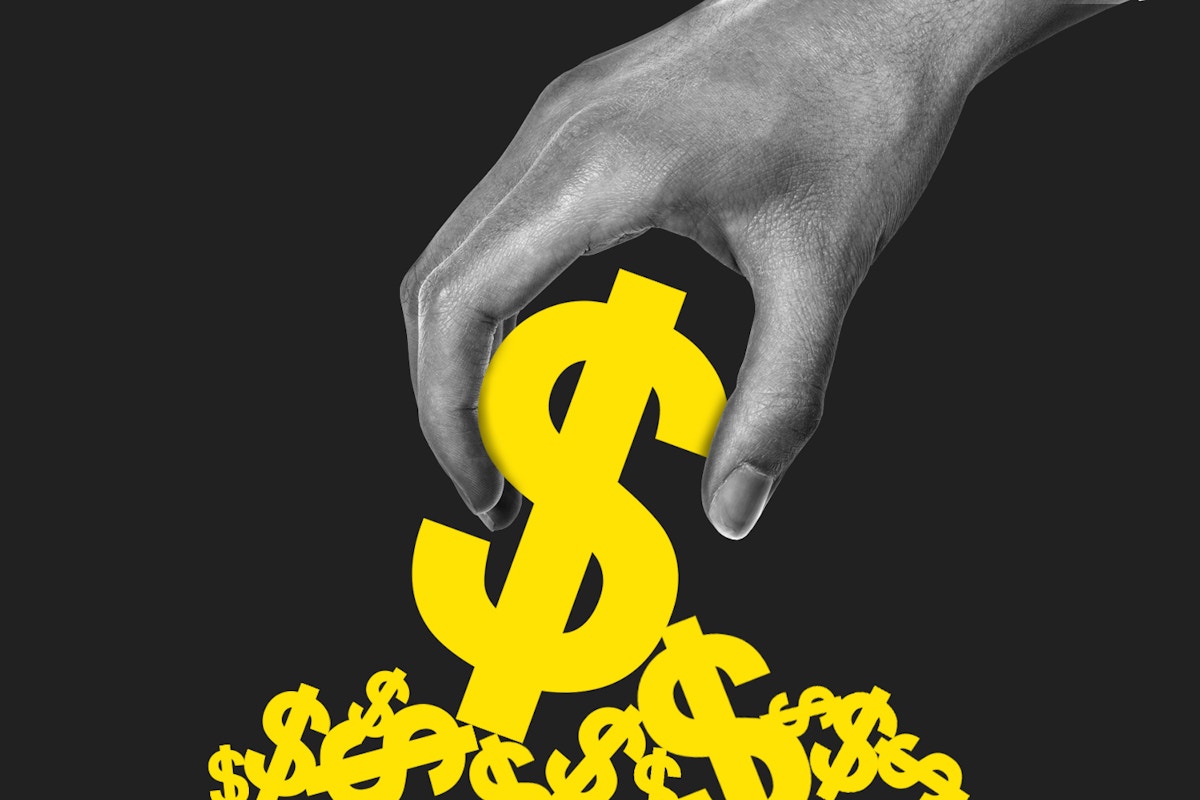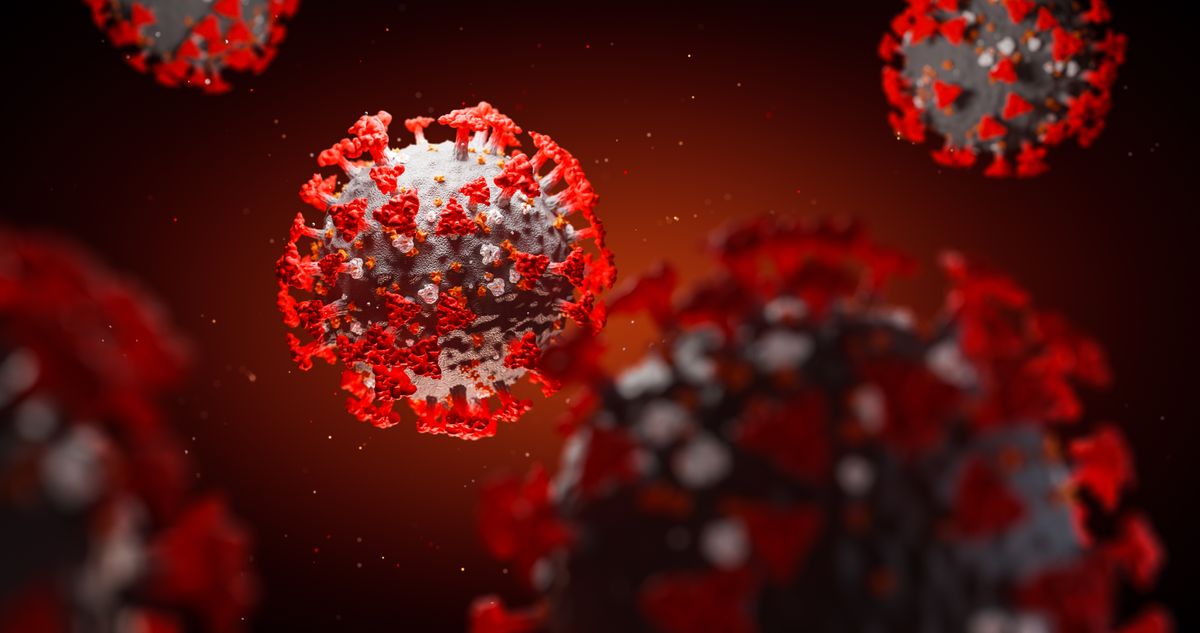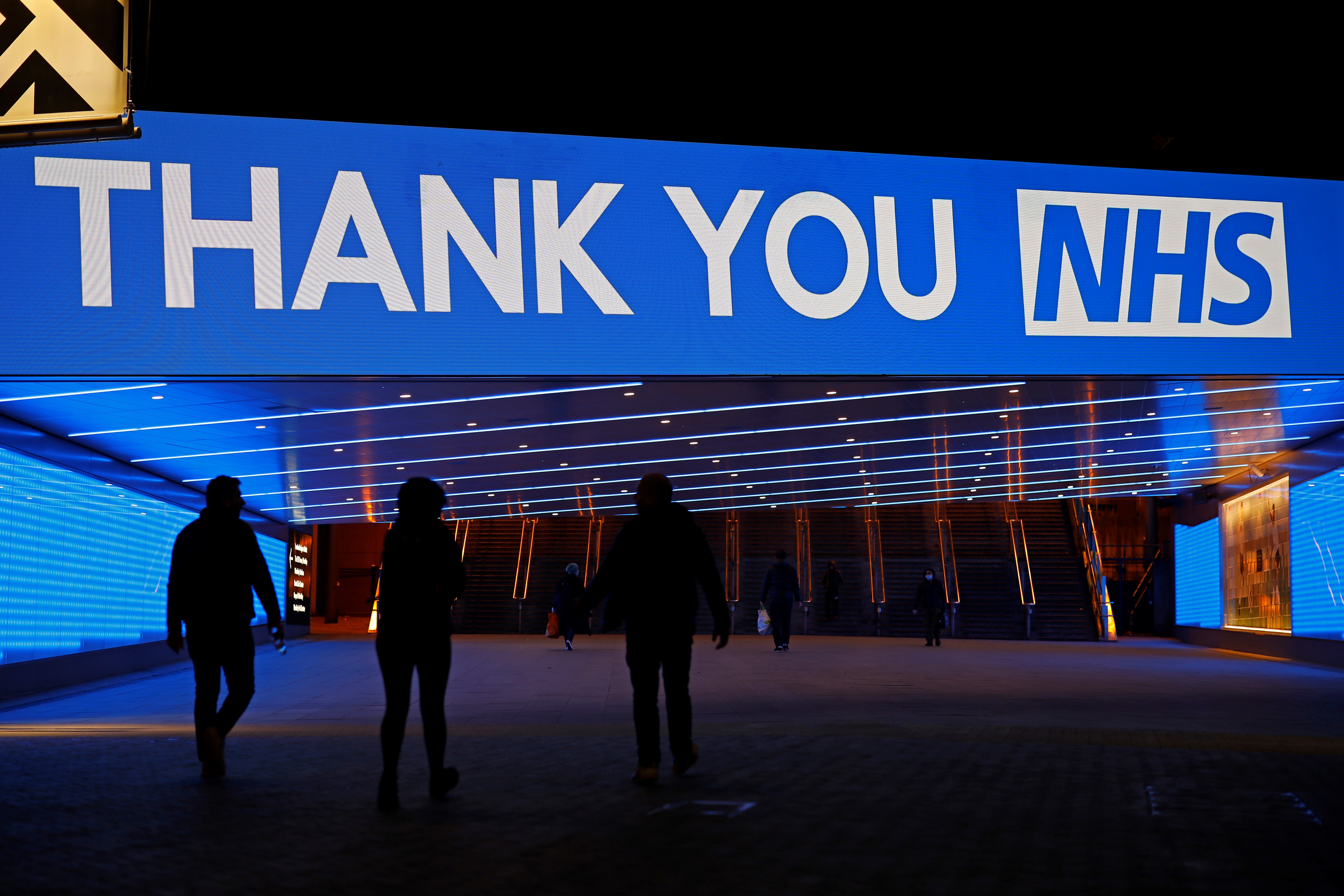Coronavirus: How Britain forgot Brexit and found its NHS heroes
Covid-19 has revealed an unspoken truth about Brexit Britain which the vast majority of mainstream politicians will do anything but address

www.middleeasteye.net
Covid-19 has revealed an unspoken truth about Brexit Britain which the vast majority of mainstream politicians will do anything but address
For as many years now as anyone can remember, the national debate has been dominated by two thoughts: Britain is drowning in low skilled immigrants and Britain cannot afford to fund the National Health Service (
NHS), which like any other public service has to live with the times.
Hence the creeping privatisation of the means of delivery,
hospital closures,
junior doctor strikes, and up until last November,
44,000 nursing vacancies.
Covid 19, a tiny molecule from a bat in faraway China, has destroyed this debate, on which so much of what was said and practiced in domestics politics hinged.
Total amnesia
As if one of the early symptoms of the virus is sudden and total amnesia, we now forget that Jeremy Hunt, as health secretary, rammed home
a new contract for junior doctors scrapping overtime rates.
Hunt puffed himself up with his victory over the junior doctors, who were
vilified by the right. His victory over the junior doctors was
compared to Margaret Thatcher's over the miners. It was his springboard to a leadership bid for the party, a bid which failed, but did him no harm.
All this has now been swept under the carpet.
For these are the same junior doctors who are risking their lives today in emergency rooms up and down the country with inadequate face masks and surgical gowns. And it is the same Jeremy Hunt taking British Prime Minister Boris Johnson to task over the absent antigen tests, gowns, masks and ventilators, as if he were some authority on the subject.
What good read could you take with you as you wait in hospital for the results of your Covid-19 test? Why, the policy pamphlet Hunt
co-authored in 2005, calling for the NHS to be replaced by an insurance system.
True heroes
We are similarly being asked to wipe the collective hard drive clean of all traces of a four-year debate on Brexit which hinged on the issue of too many low-skilled workers entering the country and which resulted in Home Secretary Priti Patel’s
points-based system being launched as recently as February this year.
How many of these low-skilled workers are now travelling to work on public transport, exposing themselves to the virus as they do so? How many of them are driving lorries, delivering food, or at the supermarket checkout taking abuse from hysterical shoppers, or manning food banks and soup kitchens, or performing many of the essential non-medical duties which keep Britain running during the lockdown?
Just how much does locked-down Britain depend on them? I would imagine quite a lot. One minute they are treated as a bad smell, the next they are being clapped and lauded as national heroes? Which is it?
Three doctors have now paid with their lives for the service they have given. They are Dr Habib Zaidi, 76, a GP from Leigh on Sea. Dr Zaidi has four children, who are a consultant haemotologist, a trainee surgeon, a dentist and a GP. The next victims were Adil El Tayar, 63, an organ transplant specialist who spent his last days volunteering in an A&E department in the Midlands, and Amged El-Hawrani, 55, an ENT specialist, both of whom come from Sudan.
From one generation to the next, these true heroes are part of a large cohort of immigrants from Asia, the Middle East and Africa on which the NHS depends for its medical staff.
How large exactly?
NHS workforce
British nationals make up
88 percent of the NHS workforce and non-British nationals make up
12 percent –
6 percent were EU nationals and 6 percent non-EU nationals. But this varies regionally. London has the
highest proportion of non-British staff with 23 percent.
Analyse NHS staff by
ethnicity rather than nationality and the importance of Asian, Black, Chinese and other ethnicities grows. Out of staff whose ethnicity was known, whites make up 79.9 per cent of the NHS workforce, when medical and non-medical are combined.
But when you divide the NHS into medical and non-medical staff, the importance of non-white staff becomes even clearer.
White staff made up only 55.6 per cent of the medical staff, while Asians make up 29 per cent, a much higher percentage than non-medical staff (at 8 percent). Staff from the Chinese, mixed, and other ethnic groups also make up a higher percentage of medical staff than non-medical staff.
Add to that
one in five GPs qualified and permanent in England in March 2019 gained their qualification outside of the UK – the majority in non-EU countries (16 per cent – mostly South Asia and Africa) and 4 per cent in the EU. The first of what could be many medical victims of the fight against the coronavirus were all Muslim, of Asian or African origin or citizenship.
The Sun gave one victim
a token pen portrait on its front page but other than that none of them made the front pages of the Daily Express, Daily Mail, Daily Telegraph. Which is curious, because when a Muslim is a terrorist, they have no such difficulty.
Even now, even today, The Sun is banging on about letting the elderly die, as there are more and more cases of "ventilator triage", pulling the elderly off ventilators and letting them die to free up the scarce machines for younger lives. Its long-time political editor Trevor Kavanagh
expounded the virtues of getting the economy back on its feet, arguing more will die from a collapsed economy than from the virus.
Exposing the truth
This virus has exposed an unspoken truth about Brexit Britain which the vast majority of mainstream politicians will do anything but address. There are two visions for this country: is Britain the collective creation of its people wherever they come from and whenever they arrive and settle? Or is the capital of this country its wealth and its wealthy?
Are we equal before a ventilator or are the elderly less of a priority in times of shortage and emergency? What sort of society are we trying to preserve? And whom do we need to defend us?
The NHS - not The Sun, nor Hunt, nor Johnson - is our protector from the most destructive agent to hit our economy since the Second World War. When we read The Sun, can we at least be aware of its notorious editorial which proclaimed on 24 March 2016;
"Sack the Docs"?
A tiny virus against which we have no immunity has proved more destructive to our way of life than all the traditional enemies of Britain combined. It's an unknown virus - not Iran, nor Putin, nor the Islamic State group, nor the bureaucrats of Brussels, nor refugees bobbing up and down in the Mediterranean, which has brought Britain to a standstill.
And it's a virus which has taught us to value our immigrants and their children, to value the low paid, and to appreciate the folly of trying to hide behind walls in an interconnected world, where what happens in Wuhan one day, happens on your street corner the next.
Day of reckoning
This is nothing new. Britain has leant heavily on non-British nationals in times of national emergency in earlier crises: 574 pilots from countries other than the UK flew alongside 2,353 British pilots in the Battle of Britain. They came from Poland, New Zealand, Canada, Czechoslovakia, Belgium, Australia, South Africa. How easily are they forgotten.
Only months ago at the height of the election campaign, no-one - not even large segments of the Labour Party - wanted to campaign against the dark side of modern Britain which the virus has now exposed: the instability of workers on zero-hour contracts and in the gig economy, child hunger during holiday periods, nurses leaving the NHS in droves.
These are now at the forefront of everyone’s attention, but they were not then.
Former Labour Party leader
Jeremy Corbyn had a very clear message about Brexit Britain. It will be difficult to explain to historians how one man can be so right about the issues that were to come so dramatically to centre stage in the very week in which he was replaced as leader.
He is now treated by his peers as an embarrassment, the worst leader since Michael Foot, yet had Britain listened to him about understaffing in the NHS, about the low skilled and low paid, about the gig economy, we would now not be in the mess we are in.
The people who should be embarrassed are those - not least in his own party - who queued up to plant a knife in his back. This virus will not let us forgive or forget.
Thousands will die needlessly before this crisis is over and then there will be a reckoning. One day.


